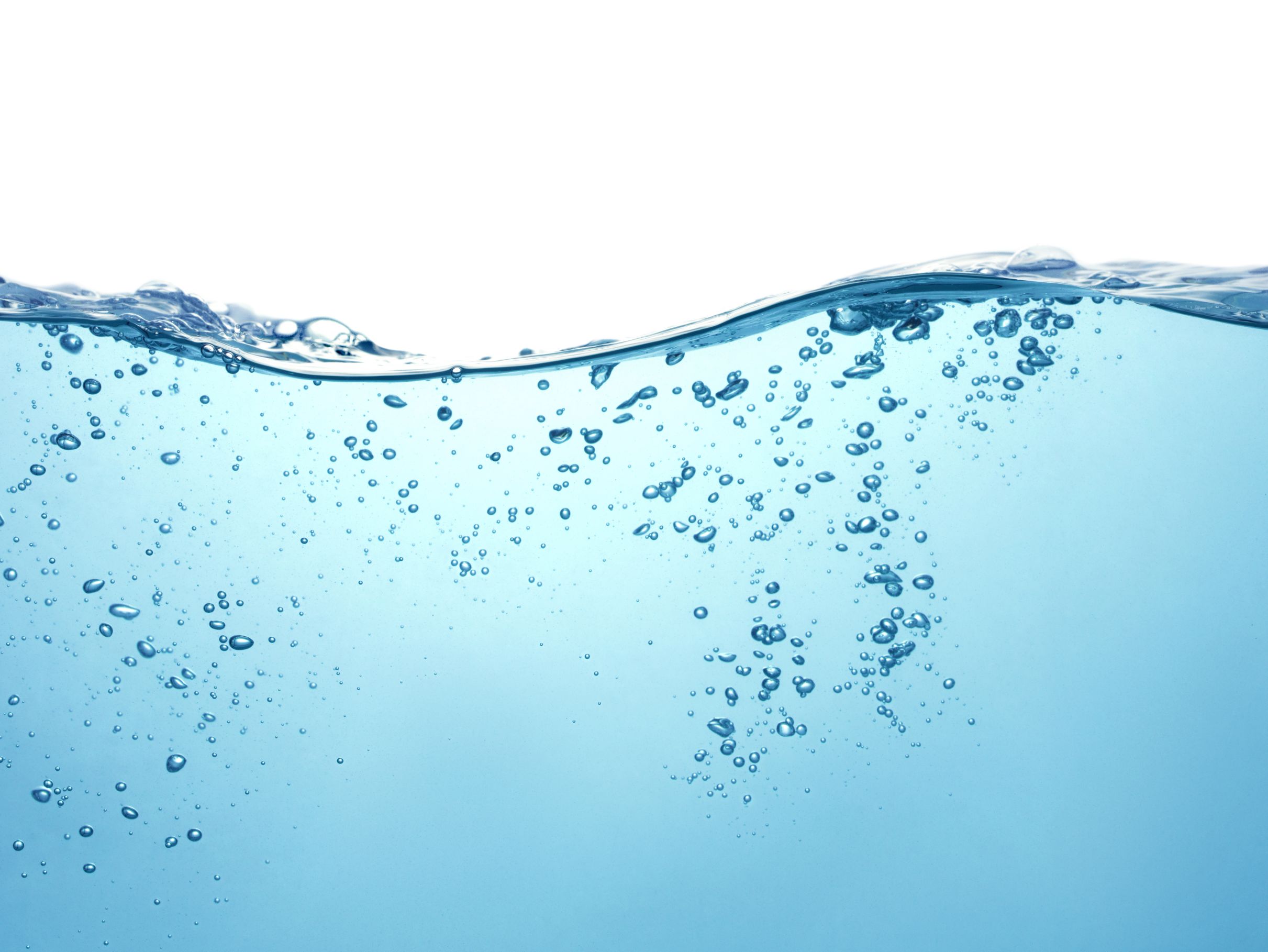
These days, lithium-ion batteries contain a fluorine compound that ensures the long-term stability of the battery and enables high cell voltages. However, the fluorine-rich salts decompose in humid air to toxic, highly corrosive hydrogen fluoride. This makes recycling such batteries a tricky and expensive business, as the Swiss Federal Laboratories for Materials Science and Technology (Empa) explains in a press release.
In order to solve this problem, a research group has now launched the Fluoribat project at the Empa site in Dübendorf. The team is being headed up by Corsin Battaglia, head of the Materials for Energy Conversion department at Empa, and has already developed a new, non-combustible, water-based electrolyte for lithium-ion batteries, which is compatible with electrode materials already in use in these batteries today. “Our cells still show more than 80 percent of their initial capacity after 200 charging and discharging cycles", says Maximilian Becker, who works as a researcher in Battaglia’s department.
The water-stable lithium salt used in the batteries developed by the research group can be manufactured at scale as well as at competitive prices, according to the information presented in the press release. However, successful commercialization of this development depends on further improvements being made to the long-term stability of the battery.
Provided that the researchers are able to overcome this hurdle, such a battery could then not only be manufactured more cheaply, but it would also no longer require an absolutely dry environment for production and recycling processes.
According to Empa, this water-based approach to recycling old lithium-ion batteries simultaneously opens up new prospects for a circular economy. “If the electrolyte salts can be easily recovered from batteries, the fluorine they contain can be used for new batteries - an increasingly important aspect in view of the expected quantity of batteries”, the press release states.
Related news
Contact us
Can we put you in touch with a peer company or research institute? Do you need any information regarding your strategic expansion to Switzerland's technology and business center?
info@greaterzuricharea.com